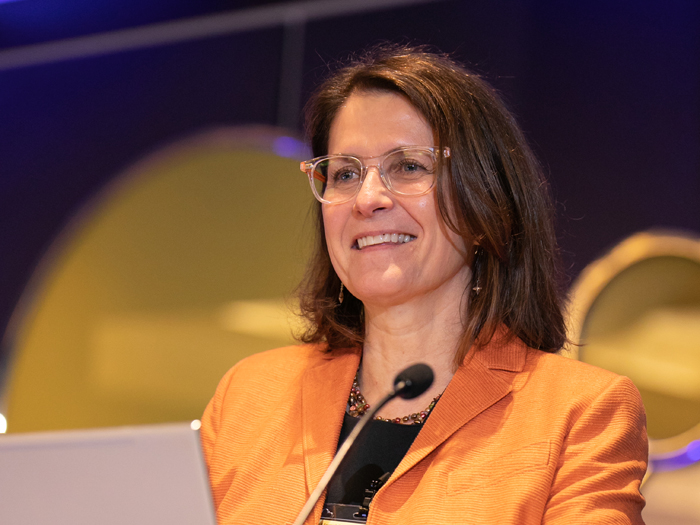Perspective | Cheaters Never Prosper … Unless They Work in Finance
Cheats never prosper.
Or do they?
Search engine optimizer Diggity Marketing tallied fines paid by some of the world’s largest companies between 2000 and 2020. The 100 most-fined companies paid between them equaled $482 billion in 8,938 separate fines. $482 billion.
Almost every one of those companies remains in business today, despite mounting a crime wave that makes the mob look like schoolyard bullies stealing lunch money from weaker children.
Top of the table is Bank of America, fined a total of $82.7 billion for 214 offenses over 20 years. The rest of the top 10 most-fined companies in that period: JPMorgan Chase, BP, Volkswagen, Wells Fargo, Deutsche Bank, UBS, Goldman Sachs and Royal Bank of Scotland.
Overall, most offenses fell into five categories: toxic securities abuse, environmental and investor protection violation, mortgage abuse, and false claims.
Not all the fines came as the result of a guilty verdict; some were settlements negotiated without admission of guilt. To the fines must be added the cost of companies defending themselves against the charges and an associated loss of corporate focus. The companies presumably treat the fines as a cost of doing business.
How does insurance fare in this fine state of affairs?
Financial institutions — 34 of the top 100 — are the chief culprits. Of those, only three — AIG ($3.2 billion in 208 fines), Marsh & McLennan ($1.8 billion in 28), and MetLife ($872 million in 74) — could be said to be primarily insurance companies.
Sportsmen routinely break the laws of their games; indeed, some epitomize cheating. The most egregious are almost invariably those already at the very top of the game.
U.S. Presidents have been known to cheat.
Playing field, boardroom or White House, being the best just isn’t enough, apparently.
Why do the ones who least need to cheat do so? Partly, one imagines, from greed; partly because of a sense of imperviousness and invincibility. Partly due to the pressure on executives to outperform (for the good of the company and their own remuneration); partly to prove themselves smarter than the system; partly to inject a frisson of danger into the dull business of business; and partly because they can.
Partly, too, because the risk of personal punishment is low.
It’s axiomatic that few bankers lost their jobs over the 2007/8 economic meltdown. Enron aside (34th on the list; fined $2 billion), I can’t recall the name of any other individual indicted in the 20-year $482 billion crime wave.
In truth, the 11th commandment — thou shalt not be caught — is more or less the only thing that stops most of us from becoming Al Capone. I’d have been the Napoleon of Crime, if someone else were paying the penalty, but it’s hard to find suckers willing to play the part.
Step forward the shareholders whose portfolios effectively paid most of the fines. The attendant reputational damage, however limited (apparently), would have devalued shareholders’ portfolios further.
For innocent investors as for executives, incurring heavy financial penalties for malfeasance is just a cost of doing business. &










